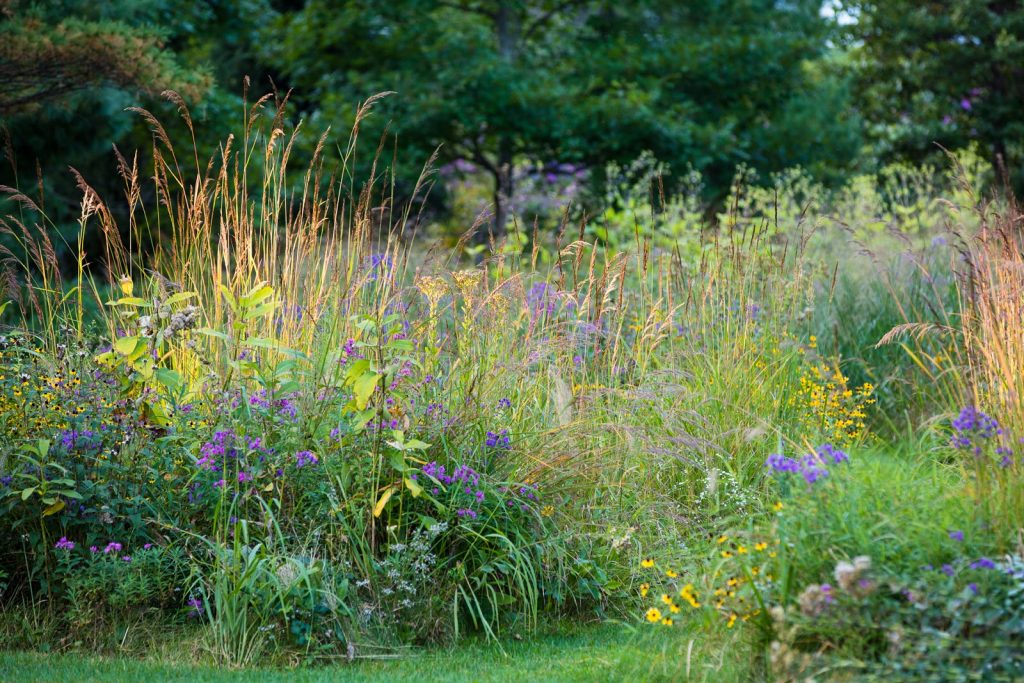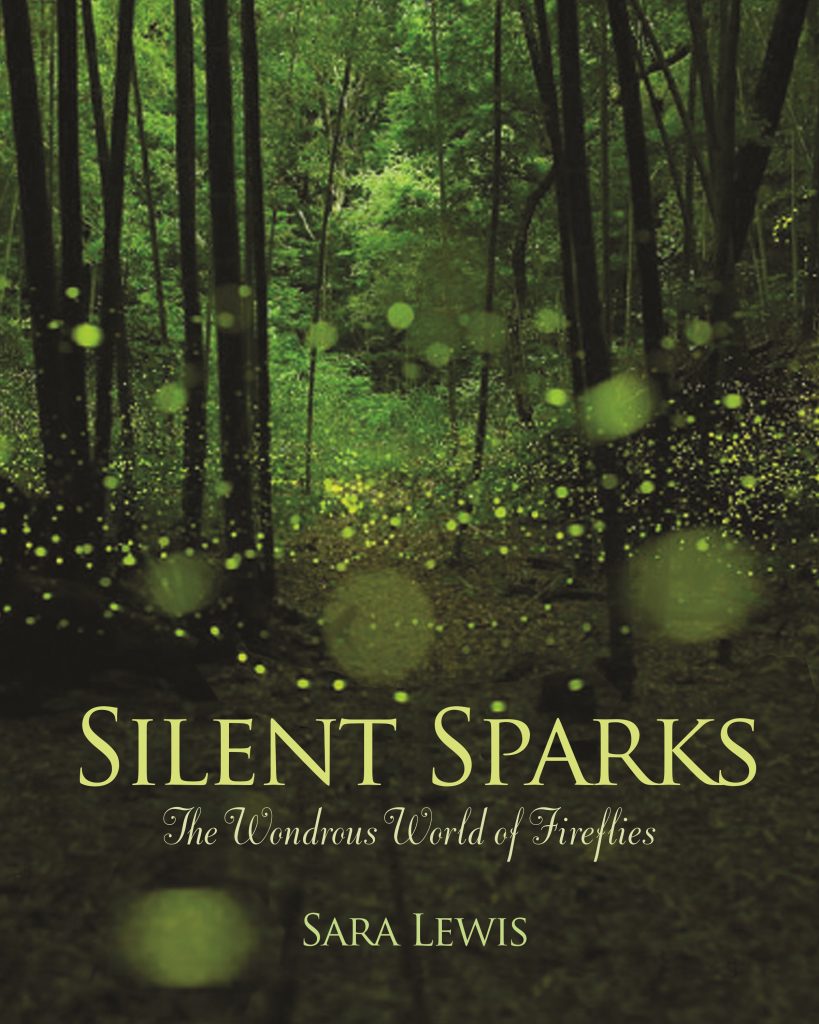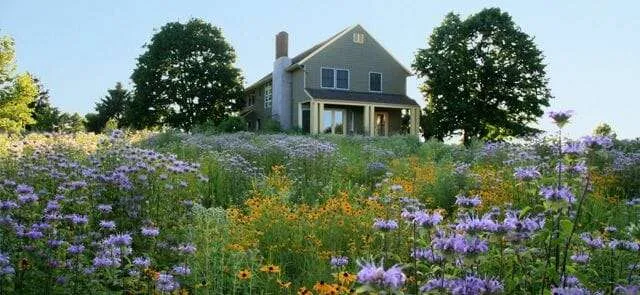Tuesday, May 13, 5:00 am – 6:30 am Eastern (but recorded – Ecological Planting Design: A History
The Gardens Trust’s final series of A History of Gardens will consider developments of the recent past. Starting with the arrival of the sleek, functional style of Modernism after the first world war, the talks will move on to explore contemporary thinking on the challenges of conserving and restoring historic parks and gardens, the rise of ecological perennial planting, the reappearance of allusive gardens and how a garden’s ‘spirit of place’ can guide sustainable plans for the future.
Themes and exemplars in garden-making are more difficult to identify without the benefit of distance and time. But considering recent ideas and approaches is bound to bring a thought-provoking end to our History of Gardens. This ticket link is for the sixth series of 5 talks in our History of Gardens Course at £35 or you may purchase a ticket for individual talks, costing £8 via the links on the website. (Gardens Trust members £6 each or all 5 for £26.25). Ticket holders can join each session live and/or view a recording for up to 2 weeks afterwards. Ticket sales close 4 hours before the first talk.
Attendees will be sent a Zoom link 2 days (and again a few hours) prior to the start of the first talk (if you do not receive this link please contact us) and a link to the recorded session will be sent shortly after each session and will be available for 2 weeks.
Talk 3 on May 13 is on Ecological Planting Design, with Noel Kingsbury. Visiting Britain, Germany, the USA and The Netherlands, we explore the roots of the contemporary interest in ecological perennial planting design, making connections with the landscape garden movement of the 18th century, cottage gardening, the growth of ecology as a science and the sometimes murky politics of those involved.
Noel Kingsbury is a writer, researcher, teacher and planting designer, largely known as a promotor of ecological planting design. With Annie Guilfoyle he runs gardenmasterclass.org as a place to share colleagues’ inspiration and wisdom in the global garden and landscape community. After living in the west of England for many years, he is now making a low-irrigation garden in central Portugal.










